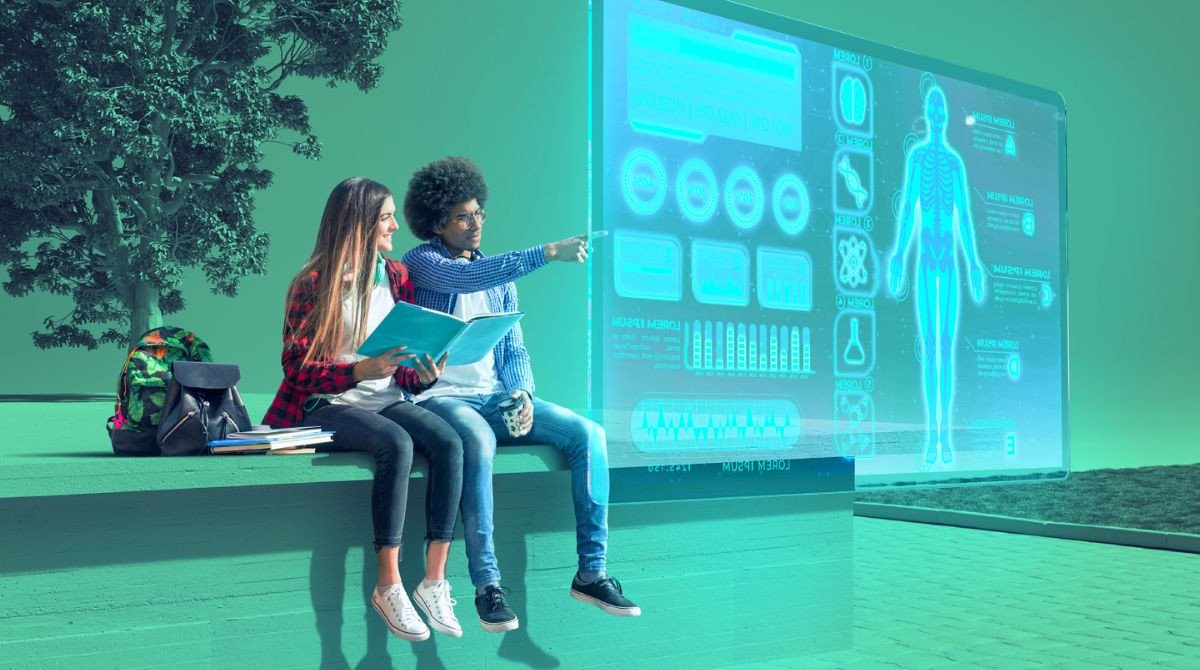- December 18, 2025

Imagine a world where doctors can detect diseases in their earliest stages, predict patient outcomes with uncanny accuracy, and craft personalized treatment plans based on a wealth of individual data. This may sound like science fiction, but it's rapidly becoming our reality thanks to the transformative power of Artificial Intelligence (AI) in healthcare.
For centuries, the medical field has relied on human expertise, intuition, and a limited set of diagnostic tools. While this approach has achieved remarkable feats, it also has inherent limitations. Human judgment can be susceptible to bias and fatigue, and traditional diagnostics often lack the sensitivity to catch subtle abnormalities early on. This is where AI steps in, offering a powerful new paradigm for healthcare.
Revolutionizing Diagnosis:
One of the most transformative applications of AI is in medical imaging analysis. AI algorithms trained on vast datasets of medical images can identify subtle patterns and anomalies that may escape even the keenest human eye. This translates to earlier and more accurate diagnoses of cancers, strokes, and other critical illnesses. Imagine detecting a tumor at a cellular level before it even forms a mass, or predicting a heart attack with weeks of lead time. These are just a few examples of the life-saving potential of AI-powered diagnosis.
Beyond image analysis, AI is also making waves in areas like genetic testing and personalized medicine. By analyzing a patient's unique genetic makeup, AI can identify predispositions to certain diseases and predict individual responses to different treatments. This opens the door to truly personalized healthcare, where interventions are tailored to each patient's specific needs and vulnerabilities.
Optimizing Treatment:
AI isn't just about diagnosis; it's also about optimizing treatment plans. By analyzing vast amounts of clinical data, AI algorithms can predict patient outcomes with remarkable accuracy. This allows doctors to personalize treatment plans, minimizing risks and maximizing chances of success. For example, AI can predict which patients with specific cancer types are most likely to respond to certain therapies, guiding doctors towards the most effective options.
Furthermore, AI-powered virtual assistants are being developed to offer patients continuous support and monitoring. These intelligent systems can track vital signs, analyze symptoms, and even provide basic medical advice, potentially improving patient care and reducing the burden on healthcare systems.
Challenges and Opportunities:
While the potential of AI in healthcare is immense, it's important to acknowledge the challenges that come with its integration. Ethical considerations around data privacy, potential biases in algorithms, and the need for human oversight are crucial issues that need to be addressed responsibly. Additionally, ensuring equitable access to AI-powered healthcare for all populations requires careful planning and infrastructure development.
Despite these challenges, the future of healthcare is undoubtedly intertwined with AI. As technology continues to evolve, we can expect even more groundbreaking applications in areas like drug discovery, robotic surgery, and remote patient monitoring. The journey towards a truly AI-powered healthcare system will undoubtedly have its bumps along the way, but the potential for improving patient outcomes, reducing healthcare costs, and ultimately saving lives is undeniable.
The Takeaway:
AI is not here to replace doctors, but rather to augment their capabilities and empower them to provide the best possible care for their patients. By embracing the transformative potential of AI, the future of healthcare promises to be one of greater precision, personalization, and ultimately, better health for all.
This is just a glimpse into the fascinating world of AI in healthcare. As this field continues to evolve at a rapid pace, the possibilities seem endless. So, let's embrace this technological revolution and work together to build a healthier future for generations to come.